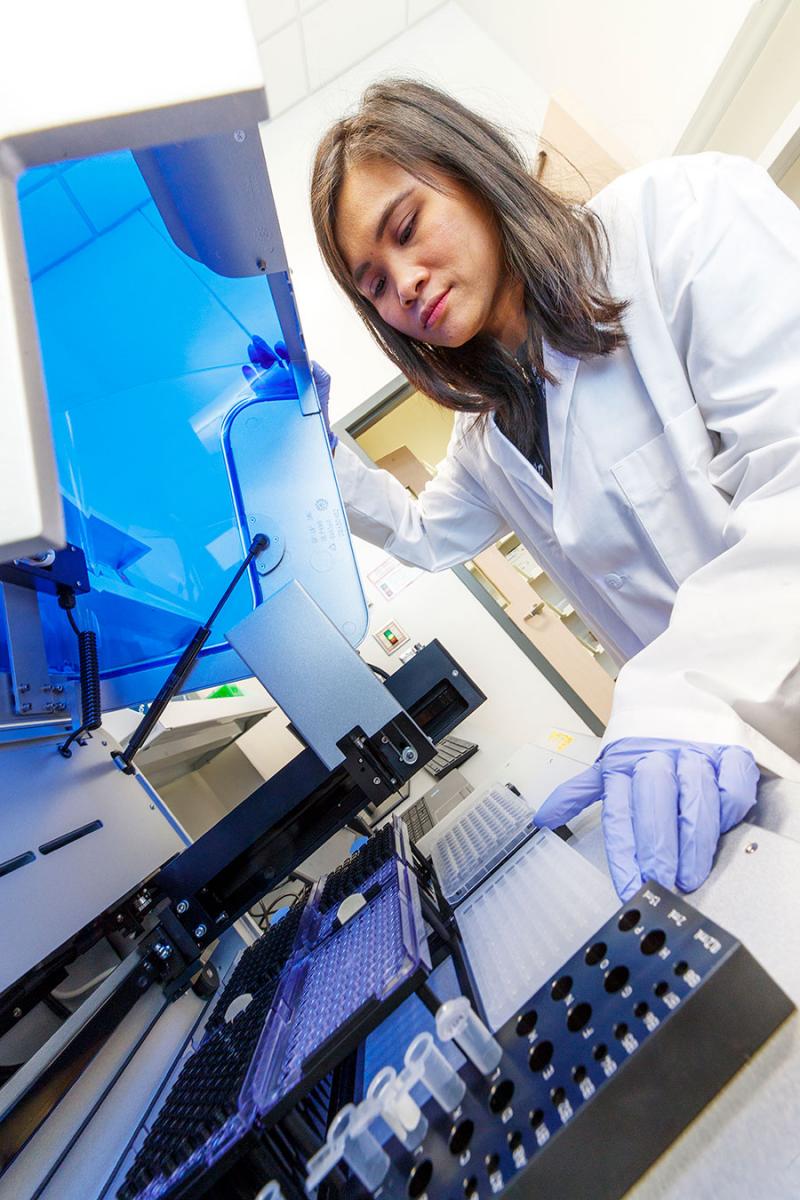Why Pet Diagnostic Labs Are Essential for Dogs and Cats
Why Pet Diagnostic Labs Are Essential for Dogs and Cats
Blog Article
The health of pets is a top priority, and keeping them healthy starts with health checks. Pet health labs are pillars of modern pet care in identifying health issues for domestic pets.
In this guide, we’ll delve into the importance of veterinary labs and outline essential tests.
What Are Veterinary Labs?
Diagnostic labs for pets support veterinary care for evaluating pet health. Vets rely on their findings to monitor ongoing conditions.

Steps in veterinary testing usually includes:
- Sample collection: Blood, urine, or feces are taken by the vet.
- Advanced diagnostics: Modern technology provide results.
- Providing actionable data: Data supports treatments for proactive solutions.
Key Diagnostics for Pet Health
Veterinary labs offer many tests to prevent serious conditions. Routine diagnostics include:
- Biochemical screens: Monitor immune responses.
- Urine testing: Evaluate kidney function.
- Fecal analysis: Detect worms or parasites.
- Sensitivity screens: Support long-term comfort.
- Radiographic evaluations: Evaluate bone and joint health.
laboratório veterin
laboratório de análises clínicas veterinárias
Why Diagnostic Exams Are Essential
Routine diagnostics is key to keeping pets healthy. By addressing concerns promptly, your pets stay healthier longer.

Additional benefits include:
- Longer, healthier lives: Vets can tailor treatments.
- Preventative care advantages: Early detection reduces expenses.
- Assurance about pet health: Regular tests keep you informed.
Why Testing Matters for Dogs and Cats
Pet health labs play a key role in modern pet care. By making testing part of their care, you ensure your pets are healthy.
Act now to safeguard your pet’s future and give your furry friends the best care possible!
Report this page